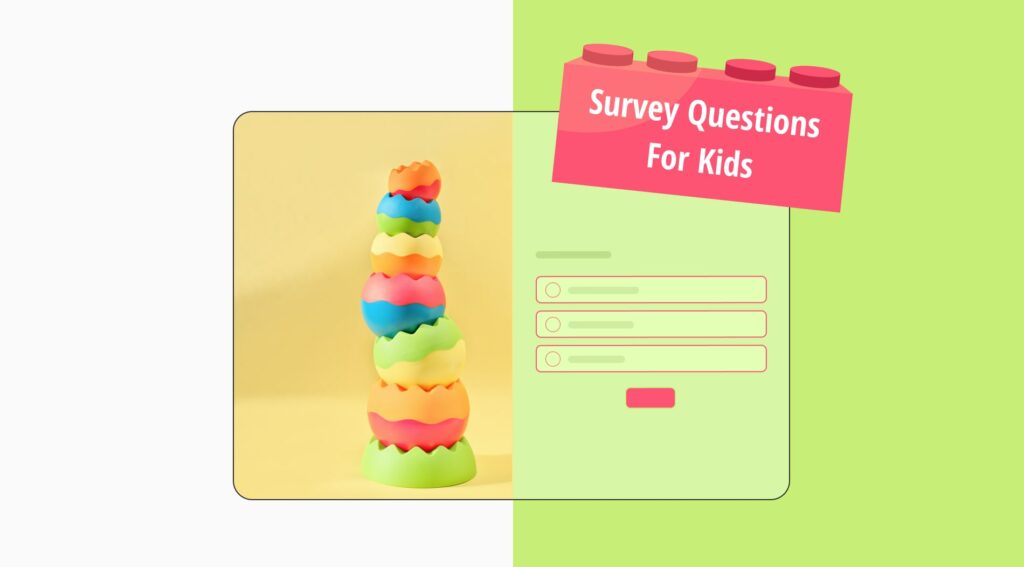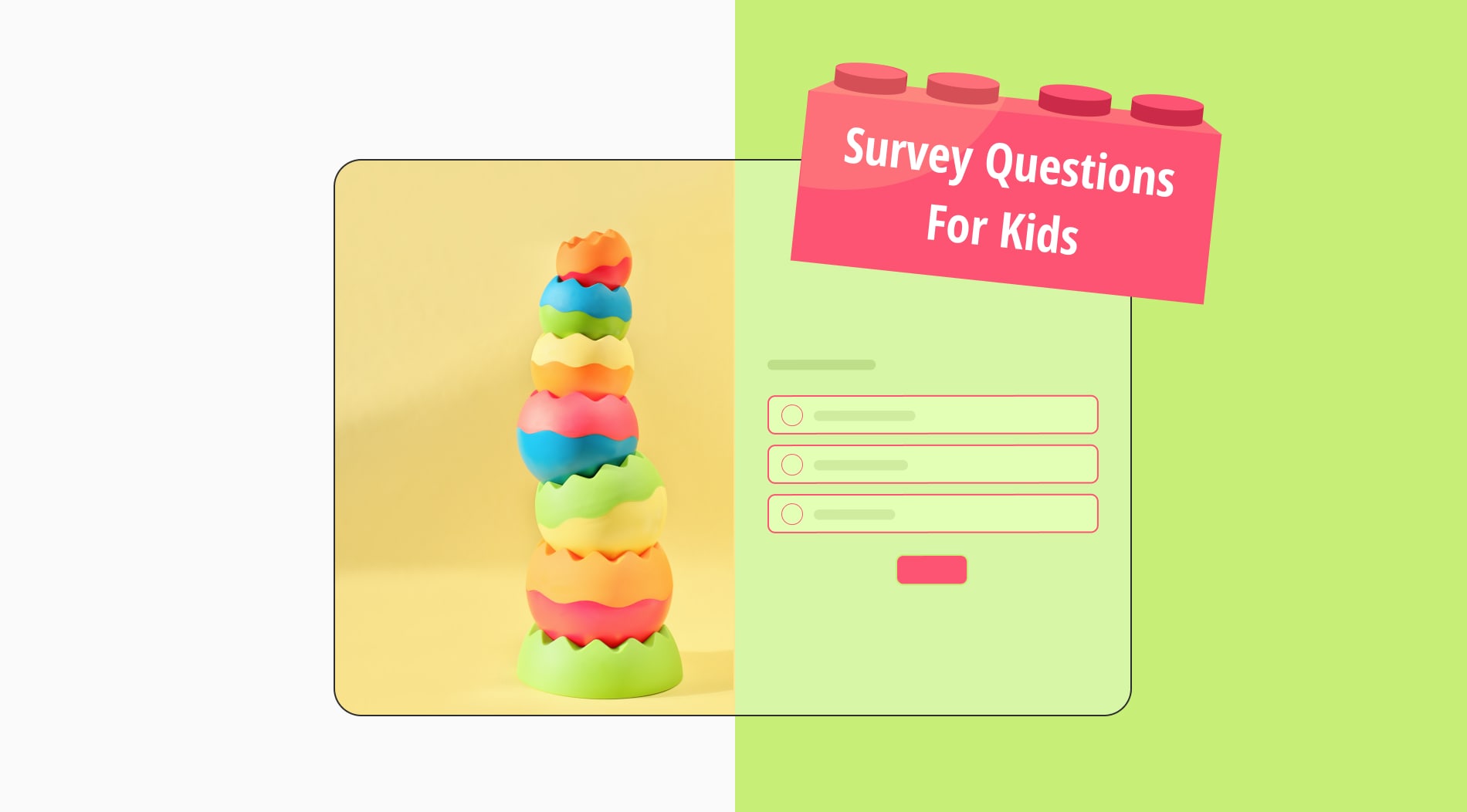
Thought-Provoking Questions to Ask Children: Nurturing Curiosity and Critical Thinking
Asking the right questions to ask children is more than just a way to pass the time; it’s a powerful tool for fostering their intellectual development, emotional intelligence, and overall well-being. The types of questions to ask children shape their understanding of the world, encourage them to think critically, and help them articulate their thoughts and feelings. This article explores a range of questions to ask children, categorized by purpose, and offers guidance on how to use them effectively.
Why Asking Thoughtful Questions Matters
Children are naturally curious, and asking them thoughtful questions to ask children can amplify this innate inquisitiveness. Thoughtful questions to ask children do the following:
- Promote Critical Thinking: Questions to ask children that require more than a simple “yes” or “no” encourage children to analyze, evaluate, and synthesize information.
- Enhance Communication Skills: By practicing verbalizing their thoughts, children become more articulate and confident in their communication.
- Boost Emotional Intelligence: Questions to ask children about feelings and relationships help children understand and manage their emotions, as well as empathize with others.
- Spark Creativity: Open-ended questions to ask children can unleash their imagination and creativity, leading to innovative ideas and problem-solving skills.
- Strengthen Relationships: Engaging in meaningful conversations creates stronger bonds between children and adults, fostering trust and understanding.
Questions to Spark Imagination and Creativity
These questions to ask children are designed to stimulate their imagination and encourage them to think outside the box:
- “If you could have any superpower, what would it be and how would you use it?”
- “If animals could talk, what do you think they would say?”
- “If you could invent a new game, what would it be like?”
- “If you could travel to any fictional world, where would you go and what would you do?”
- “If you could create a new holiday, what would it celebrate and how would people celebrate it?”
Questions to Encourage Critical Thinking
These questions to ask children prompt them to analyze situations, solve problems, and form their own opinions:
- “Why do you think that happened?”
- “What are the pros and cons of this situation?”
- “What is another way we could solve this problem?”
- “What would happen if…?”
- “Do you agree or disagree with this statement, and why?”
Questions to Foster Emotional Intelligence
These questions to ask children help them understand their own emotions and those of others:
- “How are you feeling right now, and why?”
- “What makes you happy/sad/angry/scared?”
- “How do you think that person is feeling?”
- “What can you do to help someone who is feeling sad?”
- “Have you ever felt like this before? What did you do?”
Questions to Promote Self-Reflection
These questions to ask children encourage them to think about their own actions, beliefs, and values:
- “What are you proud of yourself for today?”
- “What is something you learned today?”
- “What is something you could have done better today?”
- “What are your strengths and weaknesses?”
- “What are your goals for the future?”
Questions to Spark Curiosity About the World
These questions to ask children ignite their curiosity about the world around them and encourage them to learn more:
- “Why is the sky blue?”
- “How do plants grow?”
- “Where does rain come from?”
- “What is your favorite animal and why?”
- “What is something you want to learn more about?”
Age-Appropriate Questions
The types of questions to ask children should be tailored to their age and developmental stage. What works for a preschooler might not be suitable for a teenager. Here’s a general guide:
Preschoolers (Ages 3-5)
Focus on simple, concrete questions to ask children that relate to their immediate experiences:
- “What color is this?”
- “What did you do at school today?”
- “How does this feel?”
- “What sound does a cow make?”
- “Do you like this?”
Elementary School Children (Ages 6-12)
Introduce more complex questions to ask children that encourage critical thinking and problem-solving:
- “Why do you think that character made that choice?”
- “What is the main idea of this story?”
- “How could we solve this problem together?”
- “What is your favorite subject in school and why?”
- “What are you good at?”
Teenagers (Ages 13-19)
Engage in open-ended questions to ask children that explore their values, beliefs, and aspirations:
- “What are your goals for the future?”
- “What do you value most in a friendship?”
- “What are your thoughts on this current event?”
- “What is something you are passionate about?”
- “What kind of impact do you want to make on the world?”
Tips for Asking Effective Questions
Asking the right questions to ask children is only half the battle. Here are some tips for making the most of these conversations:
- Listen Actively: Pay attention to what the child is saying, both verbally and nonverbally. Show genuine interest in their thoughts and feelings.
- Be Patient: Give the child time to think and respond. Don’t interrupt or rush them.
- Avoid Judgment: Create a safe and supportive environment where the child feels comfortable sharing their thoughts and feelings without fear of criticism.
- Ask Open-Ended Questions: Frame questions to ask children that encourage detailed responses rather than simple “yes” or “no” answers.
- Follow Up: Ask clarifying questions to ask children and encourage the child to elaborate on their ideas.
- Make it a Conversation: Engage in a two-way dialogue rather than simply interrogating the child. Share your own thoughts and experiences to create a more meaningful connection.
The Power of Storytelling Through Questions
Incorporating storytelling into your questions to ask children can make the experience even more engaging and impactful. For example, instead of asking, “What did you do at school today?” you could say, “Tell me a story about something interesting that happened at school today.” This approach encourages children to use their imagination and creativity to recount their experiences in a more vivid and compelling way.
You can also use storytelling to introduce hypothetical scenarios and ask children to respond to them. For instance, “Imagine you are a superhero with the power to solve any problem in the world. What problem would you choose to solve, and how would you do it?” This type of questions to ask children not only sparks their imagination but also encourages them to think critically about real-world issues.
Adapting Questions for Different Contexts
The best questions to ask children are those that are tailored to the specific context and situation. For example, if you are reading a book together, you can ask questions to ask children about the characters, plot, and themes. If you are visiting a museum, you can ask questions to ask children about the exhibits and their historical significance. If you are cooking together, you can ask questions to ask children about the ingredients and the cooking process.
The key is to be present and attentive and to use your intuition to guide your questions to ask children. By asking thoughtful and engaging questions to ask children, you can create meaningful learning experiences that will benefit children for years to come.
In conclusion, strategically using questions to ask children isn’t just about getting answers; it’s about nurturing a child’s mind, fostering their emotional growth, and strengthening the bonds between generations. By asking thoughtful, age-appropriate questions to ask children, we empower them to become critical thinkers, effective communicators, and compassionate individuals. So, the next time you interact with a child, remember the power of a well-placed question and watch as their curiosity and potential unfold.
[See also: How to Encourage Curiosity in Children]
[See also: The Importance of Play in Child Development]
[See also: Raising Emotionally Intelligent Children]

